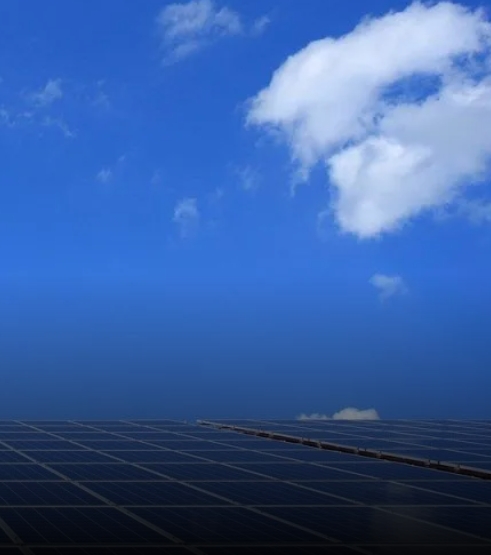
Hydrogen, often hailed as the future of clean energy, has taken a significant step closer to widespread adoption with a groundbreaking solar cell innovation. Researchers at the University of Tübingen have unveiled a new type of solar cell that boasts remarkable efficiency, promising decentralized and cost-effective green hydrogen production on an industrial scale.
This development, published in the journal Cell Reports Physical Science, represents a critical advancement in the pursuit of clean, sustainable hydrogen production.
Green hydrogen, generated through the process of water electrolysis using renewable energy sources, is hailed for its climate-friendly attributes. It offers the potential to revolutionize energy production by harnessing the power of the sun, effectively creating an artificial form of photosynthesis. The key challenge in this process is to efficiently split water into hydrogen and oxygen using solar energy.
Dr. Matthias May and his research team at the Institute for Physical and Theoretical Chemistry at the University of Tübingen have achieved a significant breakthrough by developing a solar cell integral to the photoelectrochemical apparatus for water splitting. What sets this innovation apart is the elimination of the need for an additional external circuit, such as a conventional photovoltaic solar panel. This streamlined approach makes the technology more compact, flexible, and potentially more cost-effective.
The unique aspect of this solar cell’s structure lies in its precise control of interfaces between different materials, manufactured and scrutinized on a nanoscale. Small crystal defects, common in the growth of solar cell layers, are particularly challenging to address. These defects alter the electronic structure, potentially reducing efficiency and stability.
Dr. May and his team have made substantial progress in this regard compared to previous efforts. They acknowledge that corrosion remains a significant challenge but express optimism about overcoming it.
The efficiency of solar water splitting is a critical metric, indicating the proportion of sunlight energy that can be converted into usable hydrogen energy. The Tübingen team has achieved an impressive 18% efficiency, marking the second-highest efficiency ever recorded for direct solar water splitting and a world record when considering the solar cell’s area.
To put this achievement in perspective, the first slightly higher efficiencies for solar water splitting were reported in 1998, with 12%. A jump to 14% occurred in 2015, followed by 19% in 2018. This recent achievement at the University of Tübingen underscores the remarkable progress made in this field.
This innovative technology opens doors to off-grid energy solutions, making it possible to establish permanent, smaller island-based energy supply systems. The research forms part of the H2Demo joint project funded by the German Federal Ministry of Education and Research (BMBF), with contributions from the Fraunhofer Institute for Solar Energy Systems (ISE).
The next stages of development include improving long-term stability, transitioning to cost-effective silicon-based materials, and scaling up production. The research results have the potential to significantly enhance energy supply and reduce CO2 emissions, marking a milestone in the journey toward sustainable hydrogen production.